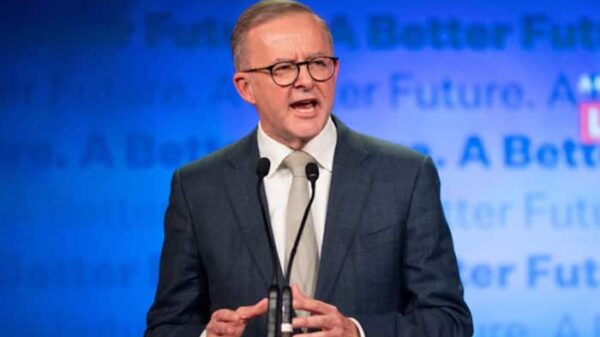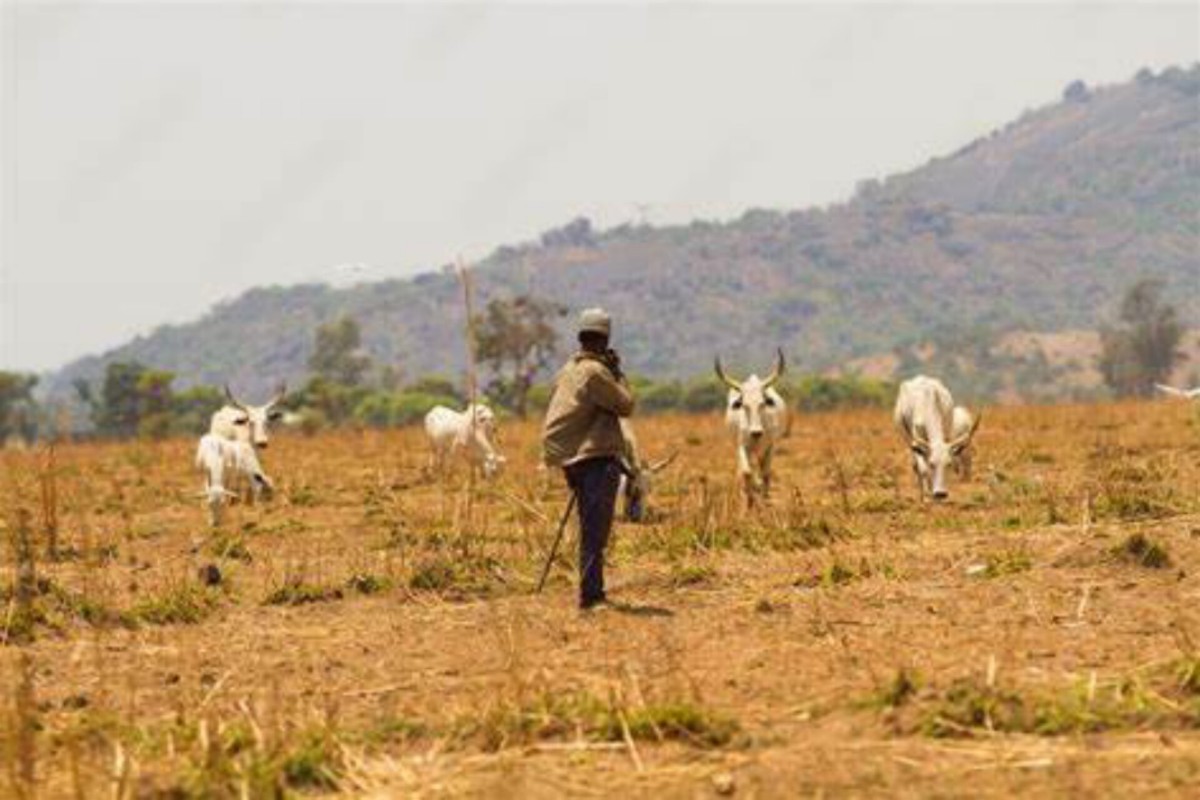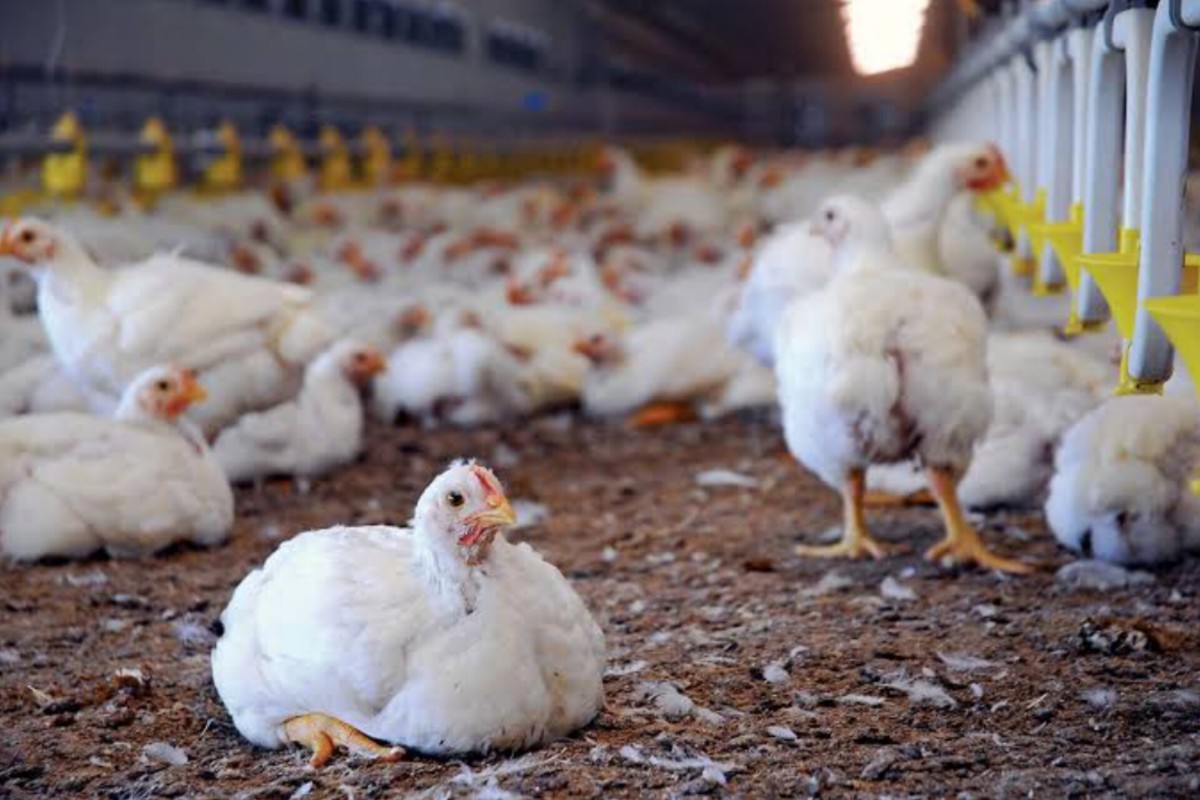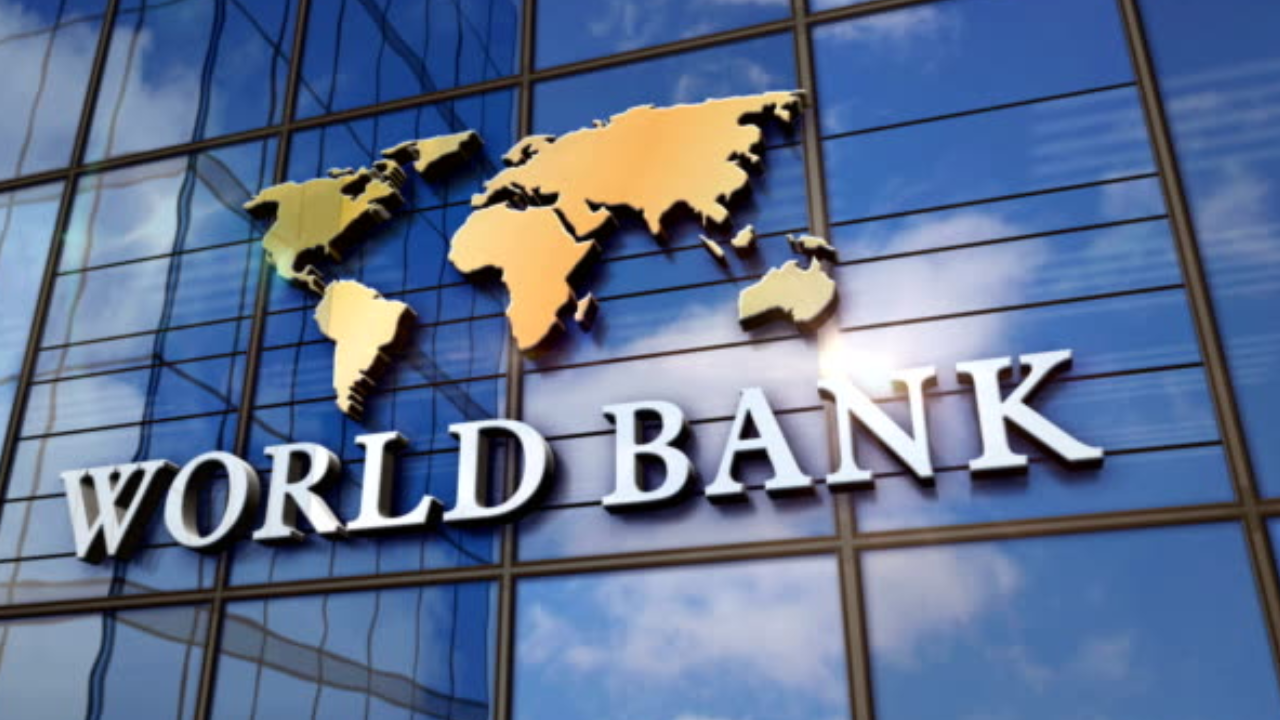The World Bank has raised Nigeria’s 2025 economic growth forecast to 4.2%, citing stronger services and recent reforms.
The World Bank has upgraded Nigeria’s economic growth forecast for 2025 to 4.2 per cent, reflecting a 0.6 percentage point increase from its previous projection.
The outlook upgrade was buoyed by improved macroeconomic stability, stronger service-sector performance, and the impact of recent structural reforms.
In the latest Africa’s Pulse report released on Tuesday, the Washington-based institution projected that Nigeria’s economic growth would rise from 4.1 per cent in 2024 to 4.2 per cent in 2025, and further strengthen to 4.4 per cent between 2026 and 2027, driven by higher activity in ICT, finance, and real estate.
“Economic growth in Nigeria has been upgraded by 0.6 percentage point per year during 2024– 27, mainly due to the rebasing effect.
“Activity is expected to increase slightly, from 4.1 percent in 2024 to 4.2 percent in 2025, and firm to 4.4 percent in 2026–27. The projected higher growth of the Nigerian economy is likely to be driven by stronger performance in services—especially ICT, finance, and real estate,” it added.
The Bank attributed the more optimistic outlook to ongoing economic reforms introduced under President Bola Tinubu’s administration, particularly those aimed at stabilising the foreign exchange market.
“As a result of the reforms implemented by President Tinubu, the naira’s volatility has declined, and the external position has improved as reflected by increased reserves and a large positive current account surplus.
“A more competitive naira is expected to continue supporting some export diversification and compressed imports. Price pressures are expected to remain elevated, necessitating sustained monetary policy efforts to re-anchor inflation expectations.
“The disinflation path remains vulnerable to risks, including exchange rate pressures, potential supply shocks, and volatility in global markets, which could slow progress toward price stability,” it added.
The Bank also revised its growth outlook for Sub-Saharan Africa (SSA) upward to 3.8 per cent in 2025, from 3.5 per cent in 2024, representing a 0.3 percentage point increase from its April 2025 forecast.
“The revision reflects growth upgrades in large economies like Nigeria (0.6 percentage point), Ethiopia (0.7 percentage point), and Côte d’Ivoire (0.5 percentage point),” it noted.
The improved regional projection, according to the Bank, was supported by easing inflationary pressures and a modest recovery in investment, even as global headwinds persist. It also observed that the number of African countries experiencing double-digit inflation has fallen from 23 in October 2022 to 10 by July 2025, signalling progress in stabilising prices.
Despite the positive growth narrative, the World Bank warned that economic expansion across the region remains insufficient to absorb Africa’s rapidly growing labour force.
The Bank’s Chief Economist for Africa, Andrew Dabalen, cautioned that the continent faces an urgent jobs crisis, stating: “Over the next quarter century, Sub-Saharan Africa’s working-age population will grow by more than 600 million. The challenge will be matching this growing population with better jobs, given that only 24 per cent of new workers today land wage-paying jobs.”
He emphasised that a structural shift toward more medium and large firms was crucial to generate employment at scale and mitigate poverty risks.
The Bank further raised concerns about rising debt vulnerabilities, revealing that external debt service across SSA has more than doubled in the past decade, now standing at 2 per cent of GDP in 2024. It added that the number of countries in or at high risk of debt distress had risen from eight in 2014 to 23 in 2025, underscoring the need for prudent fiscal management.
While acknowledging the progress made in macroeconomic reforms, the Bank warned that geopolitical tensions, trade policy uncertainty, and waning investor appetite remain significant downside risks to the region’s recovery.
Furthermore, the report urged African governments to focus on policies that stimulate private-sector-led job creation, particularly in agribusiness, mining, tourism, healthcare, and housing.










































































